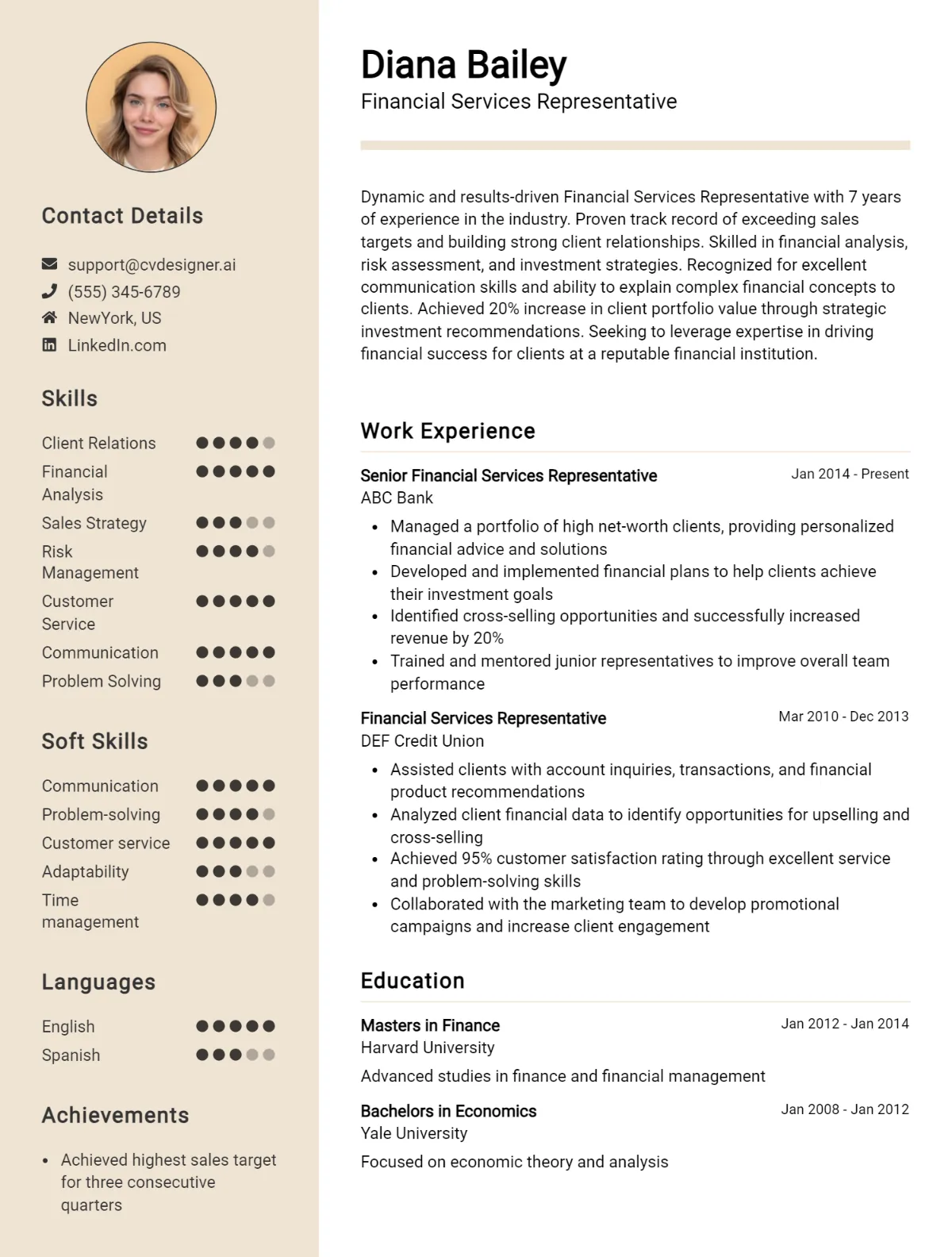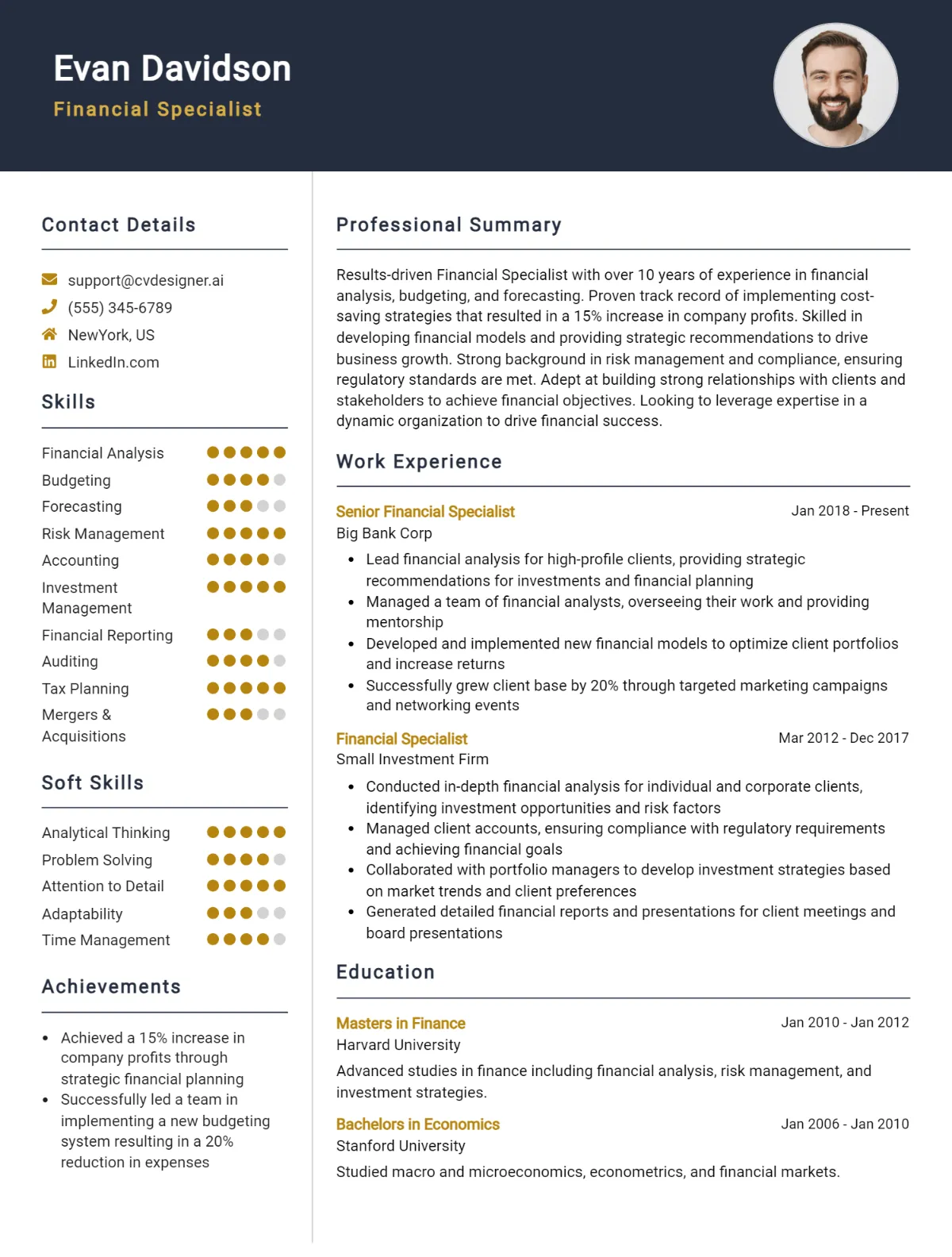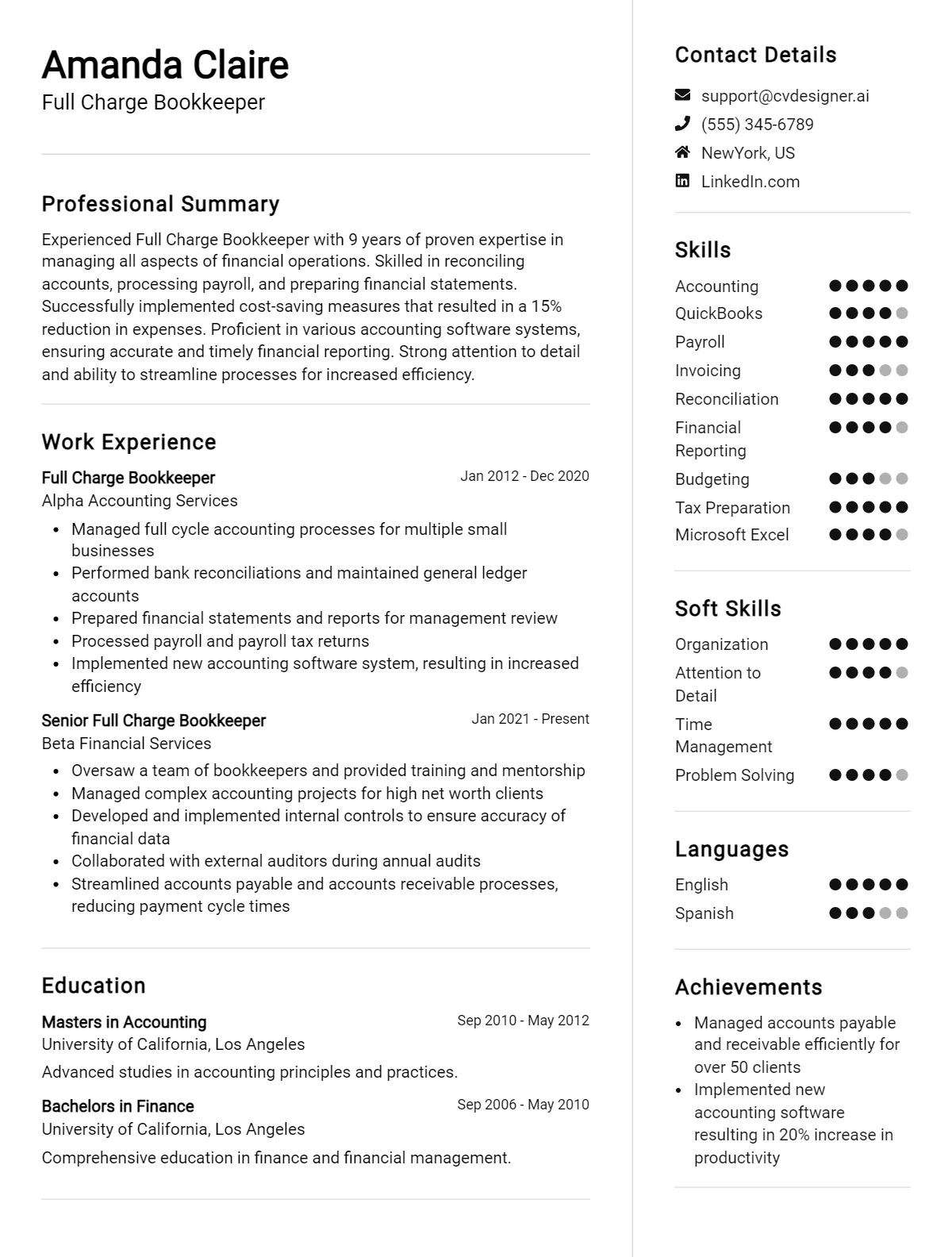The skills section of your CV is where you showcase your abilities and competencies to potential employers. It’s a critical component that can make or break your chances of landing an interview. In today’s competitive job market, highlighting your skills effectively is more important than ever. This comprehensive guide will delve into the different types of skills, how to list them, common mistakes to avoid, and tips for tailoring your skills to various industries. By the end, you’ll have a thorough understanding of how to present your skills in a way that catches the eye of recruiters and hiring managers.
Importance of the Skills Section
Why Skills Matter
Skills are the bridge between your past experiences and the requirements of the job you’re applying for. They demonstrate your ability to perform tasks and solve problems, making you a valuable asset to any organization. Employers look for specific skills that match their needs, and a well-crafted skills section can help you stand out from other candidates.
What Employers Look For
Employers typically seek a combination of hard and soft skills. Hard skills are specific, teachable abilities that are quantifiable, such as proficiency in a programming language or expertise in financial analysis. Soft skills, on the other hand, are interpersonal and often harder to measure, such as communication, teamwork, and problem-solving abilities. Employers look for evidence of both types of skills to ensure you have the technical know-how and the personal qualities needed for the role.
Types of Skills
Hard Skills
Definition
Hard skills are specific, technical abilities that can be measured and tested. These skills are often learned through formal education, training programs, or on-the-job experience. They are usually related to specific tasks or processes and can be quantified and assessed.
Examples
- Technical Skills: Proficiency in software applications, programming languages, and technical tools. For example, knowledge of Java, Python, or AutoCAD.
- Analytical Skills: Ability to analyze data, perform statistical analysis, and interpret complex information. For instance, expertise in using Excel for data analysis or experience with SPSS.
- Certifications: Professional certifications that validate your expertise in a specific area. Examples include PMP (Project Management Professional), CPA (Certified Public Accountant), or Google Analytics certification.
Soft Skills
Definition
Soft skills are interpersonal abilities that influence how you interact with others and manage your work. These skills are more subjective and harder to measure but are crucial for workplace success. They encompass a range of personal attributes that enhance your ability to work effectively with others.
Examples
- Communication Skills: Ability to convey information clearly and effectively, both verbally and in writing.
- Teamwork: Ability to collaborate with others, work in a team, and build strong working relationships.
- Problem-Solving: Ability to identify issues, think critically, and develop effective solutions.
- Leadership: Ability to lead and motivate a team, manage projects, and make decisions.
Transferable Skills
Definition
Transferable skills are abilities that can be applied in various roles and industries. These skills are not specific to a particular job but are valuable in any position. They demonstrate your versatility and adaptability in the workplace.
Examples
- Project Management: Ability to plan, execute, and oversee projects, ensuring they are completed on time and within budget.
- Time Management: Ability to prioritize tasks, manage time effectively, and meet deadlines.
- Adaptability: Ability to adjust to new situations, learn new skills quickly, and handle change effectively.
How to List Skills on Your CV
Placement on the CV
The placement of your skills section depends on your CV format and the job you’re applying for. Typically, the skills section is placed after the work experience and education sections. However, if you’re applying for a role that highly values specific skills, you may want to place this section near the top of your CV.
Using Bullet Points
Listing your skills using bullet points makes them easy to read and scan. Each bullet point should be concise and focus on one skill. Avoid long paragraphs, as they can be overwhelming and harder to read quickly.
Example:
Skills
- Proficient in Microsoft Office Suite (Word, Excel, PowerPoint)
- Strong written and verbal communication skills
- Experienced in project management and team leadership
- Advanced knowledge of Adobe Creative Suite (Photoshop, Illustrator)
Categorizing Skills
Categorizing your skills can help organize them and make your CV more reader-friendly. Group similar skills together under relevant headings, such as technical skills, language skills, or interpersonal skills.
Example:
Technical Skills
- Python programming
- Data analysis using Excel and SPSS
- AutoCAD and 3D modeling
Interpersonal Skills
- Effective communication
- Team collaboration
- Problem-solving
Tailoring Skills to Job Descriptions
Carefully read the job description and tailor your skills section to match the requirements listed. Use the same keywords and phrases found in the job posting to show that you have the specific skills the employer is looking for.
Example:
If a job posting mentions “project management” and “data analysis,” make sure these skills are prominently listed in your CV’s skills section.
Before:
Skills
- Project management
- Data analysis
After:
Skills
- Project management: Successfully managed multiple projects, ensuring timely completion and adherence to budget constraints.
- Data analysis: Proficient in analyzing large datasets to inform strategic decision-making using tools like Excel and SPSS.
Tips for Writing an Effective Skills Section
Be Specific
Specificity is key when listing your skills. Instead of just stating “communication skills,” specify what kind of communication skills you possess. Are you skilled in public speaking, writing reports, or negotiating deals?
Example:
Before:
- Communication skills
After:
- Strong public speaking skills, with experience presenting to large audiences
- Proficient in writing detailed reports and business proposals
- Skilled in negotiating contracts and agreements
Use Action Verbs
Action verbs make your skills section more dynamic and engaging. Words like “managed,” “developed,” “led,” “designed,” and “implemented” convey a sense of action and accomplishment.
Example:
Before:
- Teamwork
- Problem-solving
After:
- Collaborated with cross-functional teams to achieve project goals
- Developed innovative solutions to complex problems
Quantify Your Skills
Whenever possible, quantify your skills to provide concrete evidence of your abilities. Numbers and data make your skills more tangible and impressive.
Example:
Before:
- Sales skills
After:
- Increased sales revenue by 20% through targeted marketing campaigns
- Managed a portfolio of 50+ clients, achieving a 95% client retention rate
Keep It Relevant
Focus on listing skills that are relevant to the job you’re applying for. Including irrelevant skills can clutter your CV and distract from your key qualifications.
Example:
If you’re applying for a software developer position, focus on technical skills like programming languages and software tools rather than unrelated skills like culinary expertise.
Highlight Soft Skills
While hard skills are important, don’t neglect soft skills. Employers value interpersonal abilities that enhance workplace dynamics and contribute to a positive work environment.
Example:
Before:
- Leadership skills
After:
- Proven leadership skills, with experience managing teams of up to 10 people
- Strong ability to motivate and inspire team members to achieve goals
Use our Best CV Templates
Discover our top-tier CV templates, meticulously designed to make a lasting impression. Choose from a variety of professional layouts to enhance your career prospects.
Common Mistakes to Avoid
Being Too Vague
Vague descriptions of your skills can weaken your CV. Be as specific as possible to clearly convey what you bring to the table.
Example:
Before:
- Good at communication
After:
- Excellent written and verbal communication skills, with experience in creating detailed reports and delivering presentations
Overloading with Skills
While it’s important to showcase a range of skills, avoid overloading your CV with too many. Focus on the most relevant and impactful skills to avoid overwhelming the reader.
Example:
Before:
Skills
- Communication
- Leadership
- Time management
- Project management
- Data analysis
- Problem-solving
- Teamwork
- Technical skills
After:
Skills
- Effective communication: Strong written and verbal communication skills, with experience in creating detailed reports and delivering presentations
- Leadership: Proven leadership skills, with experience managing teams of up to 10 people
- Project management: Successfully managed multiple projects, ensuring timely completion and adherence to budget constraints
- Data analysis: Proficient in analyzing large datasets to inform strategic decision-making using tools like Excel and SPSS
Using Generic Phrases
Generic phrases like “hard worker” or “team player” don’t provide much information about your actual skills. Be specific and provide examples to back up your claims.
Example:
Before:
- Hard worker
After:
- Consistently met and exceeded performance targets, demonstrating a strong work ethic and dedication to achieving results
Neglecting Soft Skills
While hard skills are crucial, neglecting soft skills can be a mistake. Employers look for well-rounded candidates who possess both technical abilities and interpersonal qualities.
Example:
Before:
- Technical skills: Python, Java, SQL
After:
- Technical skills: Proficient in Python, Java, and SQL
- Interpersonal skills: Strong team collaboration and communication abilities, with experience working in diverse team environments
Not Tailoring to the Job
Failing to tailor your skills section to the job you’re applying for can make your CV less effective. Use the job description as a guide to highlight the most relevant skills.
Example:
If a job posting emphasizes project management and data analysis, make sure these skills are prominently featured in your CV.
Before:
Skills
- Project management
- Data analysis
- Time management
After:
Skills
- Project management: Successfully managed multiple projects, ensuring timely completion and adherence to budget constraints
- Data analysis: Proficient in analyzing large datasets to inform strategic decision-making using tools like Excel and SPSS
Industry-Specific Tips
Tech Industry
Focus Areas
In the tech industry, emphasize your technical skills, programming languages, and relevant projects. Highlight your experience with specific technologies and tools, and demonstrate your ability to work on complex technical projects.
Example:
Technical Skills
- Proficient in Python, Java, and C++
- Experience with web development using HTML, CSS, and JavaScript
- Familiarity with database management systems like SQL and MongoDB
Projects
- Developed a web application using React and Node.js, resulting in a 30% increase in user engagement
- Implemented machine learning algorithms to improve data analysis accuracy by 15%
Creative Industry
Focus Areas
For creative roles, showcase your creative skills, projects, and software proficiency. Highlight your ability to develop innovative solutions and create visually appealing designs.
Example:
Creative Skills
- Proficient in Adobe Creative Suite (Photoshop, Illustrator, InDesign)
- Strong graphic design and layout skills
- Experience in video editing and animation
Projects
- Designed marketing materials for a major advertising campaign, resulting in a 25% increase in brand awareness
- Created a series of promotional videos that received over 100,000 views on social media platforms
Healthcare Industry
Focus Areas
In the healthcare industry, emphasize your clinical skills, patient care experience, and any specialized training. Highlight your ability to provide high-quality care and work effectively in high-pressure environments.
Example:
Clinical Skills
- Proficient in patient assessment and diagnosis
- Experience in administering medications and treatments
- Strong knowledge of medical terminology and procedures
Experience
- Provided patient care in a fast-paced emergency department, handling up to 30 patients per shift
- Administered medications and treatments as prescribed by physicians, ensuring patient safety and compliance
Business and Finance Industry
Focus Areas
For business and finance roles, emphasize your analytical skills, financial expertise, and contributions to business growth. Highlight your experience in budgeting, forecasting, and strategic planning.
Example:
Analytical Skills
- Proficient in financial analysis and forecasting
- Strong knowledge of budgeting and financial modeling
- Experience in using Excel and financial software like QuickBooks
Achievements
- Conducted financial analysis and forecasting to support business decisions, resulting in a 10% increase in profitability
- Developed and maintained financial models, improving accuracy of budget projections by 15%
The Role of CV Templates and Online Tools
Benefits of Using Templates
Time-Saving
Using CV templates can significantly reduce the time spent on formatting and layout. Templates provide a ready-made structure that you can fill in with your details, allowing you to focus more on content rather than design.
Professional Layouts
Templates offer professionally designed layouts that ensure your CV looks polished and well-organized. This can make a positive impression on potential employers, demonstrating your attention to detail and commitment to presenting yourself professionally.
Customization Tips
While templates provide a good starting point, it’s important to customize them to fit your unique qualifications and the job you are applying for. Adjust sections, fonts, and colors to reflect your personal brand and make your CV stand out.
Best Practices
- Choose a Simple Template: Opt for templates that are clean and easy to read. Avoid overly complex designs that can distract from the content.
- Avoid Over-Designing: Keep the design professional and avoid excessive colors or graphics that can make your CV look cluttered.
- Customize for Each Job: Tailor your CV template for each job application to highlight the most relevant information. This demonstrates your dedication and attention to detail to potential employers.
Real-Life Examples
Success Stories
Example:
John Doe used CV Designer AI to create a targeted skills section for a software development position. By highlighting his proficiency in Python, Java, and project management, and quantifying his achievements, John’s CV caught the attention of several top tech companies. He received multiple interview invitations and ultimately secured a job offer from a leading software firm.
CV Designer AI
Features
CV Designer AI offers a range of features to help you create a professional CV effortlessly. From customizable templates to AI-powered suggestions, it streamlines the CV creation process. The tool provides insights on best practices, recommends content, and ensures your CV is well-structured and tailored to the job you’re applying for.
Benefits
Using CV Designer AI can save you time and ensure your CV is well-structured and tailored to the job you are applying for. Its AI capabilities provide valuable insights and recommendations to enhance your CV, making it more likely to catch the eye of recruiters and hiring managers.
Conclusion
Recap
The skills section is a crucial part of your CV, allowing you to showcase your abilities and competencies to potential employers. By understanding the different types of skills, how to list them, and avoiding common mistakes, you can create a compelling skills section that highlights your qualifications and sets you apart from other candidates.
Final Tips
Remember to tailor your skills section to each job application, quantify your abilities whenever possible, and maintain consistent formatting. Utilize online tools like CV Designer AI to streamline the process and ensure a professional result. Tailoring your CV to match job descriptions can significantly increase your chances of getting noticed by hiring managers.
Call to Action
Ready to create a standout CV? Visit CV Designer AI and use our advanced tools and templates to craft the perfect CV for your next job application. The intuitive interface and AI-powered suggestions will help you highlight your skills in the best possible way, ensuring you make a strong impression on potential employers.
Additional Sections
FAQs
Common Questions
- How should I list skills if I have limited work experience?
- Focus on transferable skills and any relevant projects or volunteer work. Highlight any coursework or training that has equipped you with valuable skills.
- Should I list skills that are not directly related to the job?
- Only include skills that are relevant or can be applied to the job you’re applying for. Irrelevant skills can clutter your CV and distract from your key qualifications.
- How often should I update my skills section?
- Regularly update your skills section to reflect new abilities and experiences. This is especially important if you’ve completed new training or gained new certifications.







